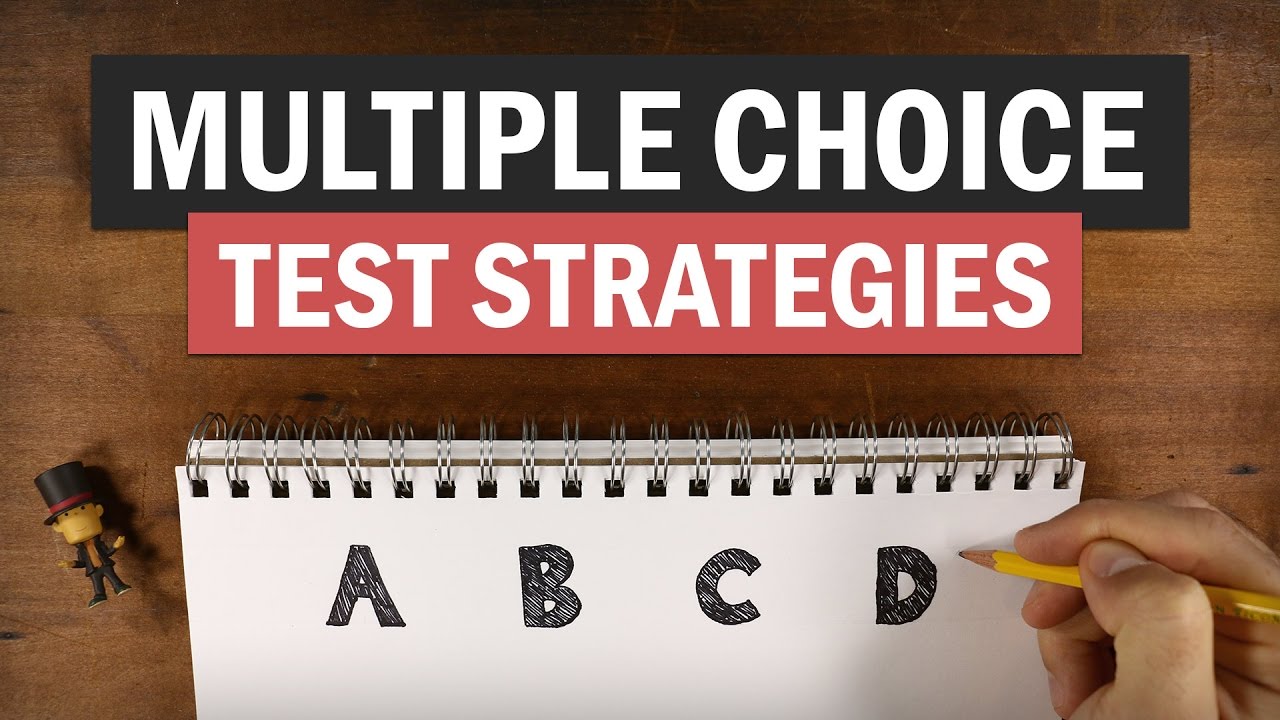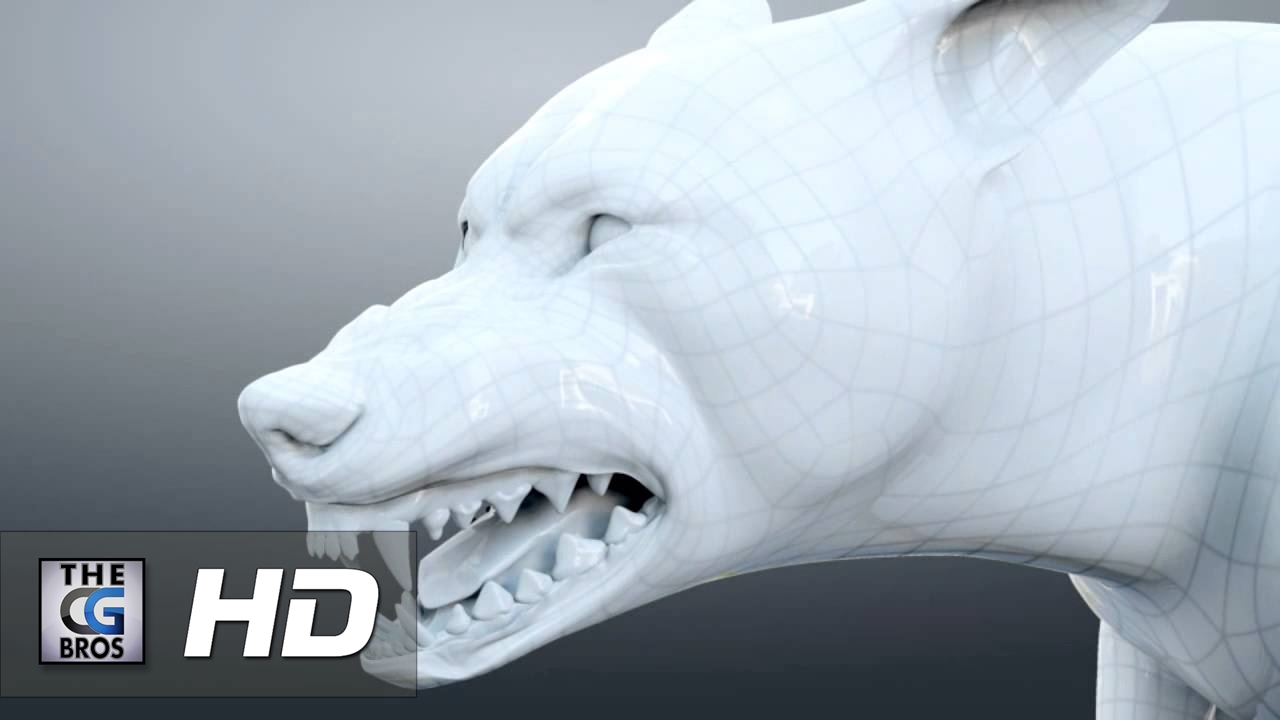VEENA DAS
Krieger-Eisenhower Professor of Anthropology, John Hopkins University
05 February 2016
If the present conditions of our life are framed by practices of violence perpetrated through the apparatus of the state with the connivance of citizens, then what kind of responsibility devolves on us, members of such political communities, even if we have not given our explicit consent to such projects of spectacular or hidden violence? In this paper I try to follow these questions through a triangulated reading of two novels of J.M. Coetzee – Waiting for the Barbarians (1982) and Diary of a Bad Year (2007) along with the interpretations of these novels offered by the philosopher/psychoanalyst, Jonathan Lear. If Lear is right that J.M. Coetzee, the author, writes to promote ethical thought and an important component of that journey is to defeat the reader’s desire to defer to the moral authority of the novelist, then if one has read Coetzee’s novels well, one cannot proffer a firm conclusion but must stop at showing the different signs with which one might find a path to ethical living or ethics as a spirit through which our ordinary lives are lived.
Centre for the Study of Law and Governance CSLG
Source



